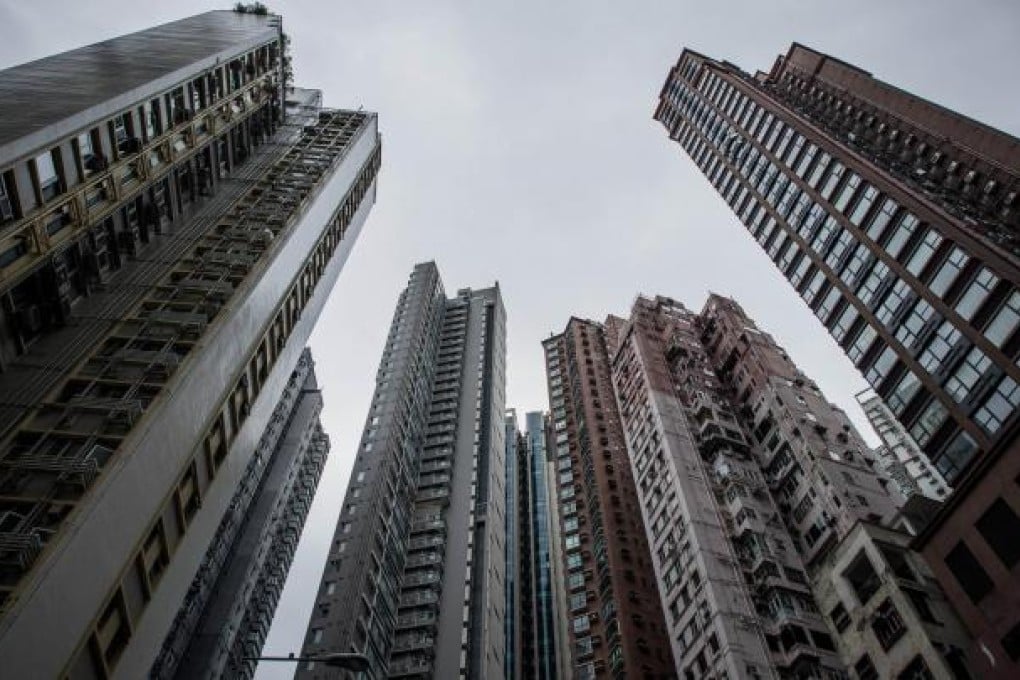Clear plan needed to address land supply and housing issues
The government must act to make up for the failures of the previous administration in order to prevent market volatility and uncertainty

Not surprisingly, the state of the real estate market, particularly the residential sector, has been the subject of much discussion since the new administration took office in July and began an attempt to make up for the failure of its predecessors to adequately address land and housing issues.

However, we are where we are, and the truth is that no matter how much we regret it, there is no quick fix and the only solution is for government to produce a detailed road map setting out where and when new sites will be released over the next five years. Similarly, it needs to set itself an annual target for the number of sites and residential units that will become available through redevelopment and lease modification, given half of our new supply will come from this source.
In my view the sooner the public sees commitment to a credible and comprehensive development programme involving new land supply and redevelopment of existing sites via the lease modification process, the more likely it is to take a more measured view on home purchases and the greater the prospect of bringing stability.
What few have yet to accept is that the starting point for any believable policy has to be population, and if we are to plan for the future we need a realistic and informed basis on which to do so.
Our population is just over seven million and government predictions range from 8.5 million by 2039 to a forecast of 8.9 million. Either way, we cannot deal with such growth incrementally and we are talking of one, if not two, new towns to meet with such a level of demand.